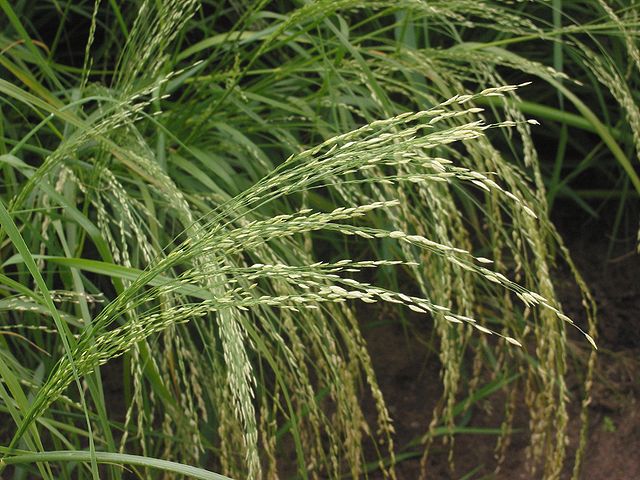Teff and biopiracy are two words that are now pairing side by side in modern agricultural terms. The reason is that teff (also tef), the ancient Ethiopian grain, has undergone various commercialization changes without appropriate authorization.
There are now many crosses of teff, and it is hard to differentiate between the indigenous grain from the upstarts.
Genetic improvement of teff has not helped boost its productivity as in the case of maize and other cereals, either. Hence, botanists call it an orphan crop. Still, it accounted for 30% of cereal acreage in Ethiopia in 2015.
As a common grass crop, teff bears poppy-sized, white, red or brown seeds. It ranks among the oldest domesticated crops in the world. A key ingredient for making teff flour, this diminutive grain is highly nutritious: it is rich in magnesium, low in sodium and high in energy.
Significance of Teff in Ethiopian Food Culture
First of all, how do Ethiopians eat teff? The grain makes a sumptuous flatbread dish known as kitcha. A simpler cousin of chapatis and parathas, the locals enjoy it at breakfast and most commonly refer to it as chechebsa. The fact that it is unleavened makes it rather thin but compact.
The cereal is also the basic ingredient of injera preparation, a type of Ethiopian food made from teff flour.
Anti-biopiracy efforts within Ethiopia
Given its staple status in Ethiopian food culture and unique stature as an old world grain, it is easy to see why biopiracy exploits teff.
One aspect of biopiracy with regard to teff is that the bulk of world teff supplies come from countries outside Ethiopia. These include, “Australia, South Africa and Spain,” Lovegrass Factory owner, Yonas Alemu tells Africa News.
Alemu was raised in Ethiopia but when he went abroad for studies, he could only place teff from those other nations.
In legal terminology, this is borrowing resources and commercializing them without benefiting the original source. Hence, Alemu seeks to boost production of the crop at home to combat biopiracy.
There is also the biopiracy of patent names. This is where a foreign entity makes use of a local name as its own for commercial reasons.
One fight against biopiracy of patent names was in 2020 when a Dutch miller sought to patent a teff flour product. The company had done teff research in Ethiopia back in 2003. The government of Ethiopia challenged the license and helped win patriotic clout for the grain.
Thus, amid biopiracy, Ethiopians continue to enjoy their injera and chechebsa from their favorite Williams lovegrass, another term for teff.
